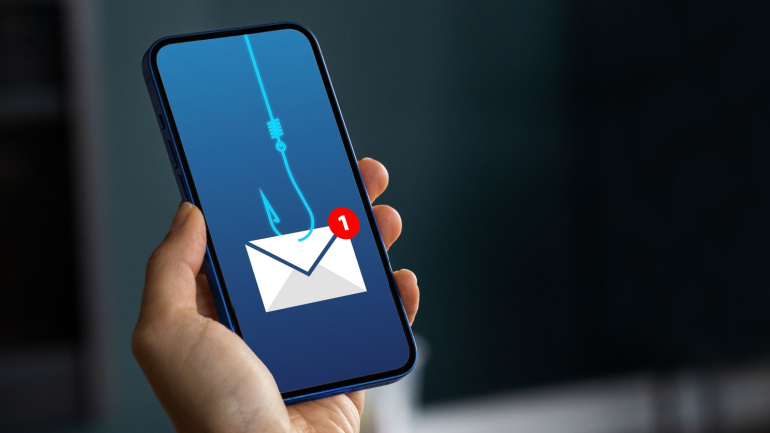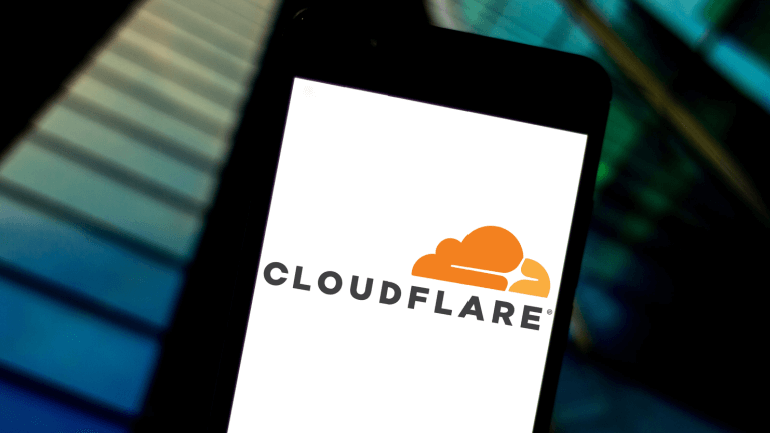In the digital age, the line between authentic and fake communication has become increasingly blurred, with the rise of generative AI posing new risks to cybersecurity. Recognizing and averting phishing attempts has become a crucial skill, but even the experienced can fall prey to cunningly crafted scams, as one individual discovered.
Zimperium, a mobile security solutions provider for endpoints and apps, has unveiled its Mobile-First Security Platform™ to provide an end-to-end mobile security platform for businesses. The platform combines Zimperium Mobile Threat Defense (MTD) and Mobile Application Protection Suite (MAPS) to provide powerful new features for teams tasked with mobile security assurance. The Zimperium Mobile-First Security Platform integrates MTD and MAPS features, allowing for centralized administration and access to device and app security via a single interface on any cloud or on-premises platform. It also provides built-in privacy protection for all devices against various mobile threats including phishing, spyware, and rogue networks. Furthermore, it offers comprehensive in-app protection to avoid reverse engineering, safeguard cryptographic keys, and build self-defending apps. The platform’s expanded mobile environment includes enterprise connections such as SIEMS, IAM, XDR, DevOps workflows, ticketing systems, GitHub actions, and fraud systems. Also, advanced threat hunting is made possible by deep forensics…
AT&T has been named the most commonly impersonated brand in phishing attacks, according to a global report published by Cloudflare. The report identifies the top 50 brands most commonly impersonated by phishing URLs, based on data gathered by Cloudflare’s machine learning and data analysis tools. The telecommunications powerhouse came in first, followed by PayPal and Microsoft. Cloudflare, which aims to build a better internet by delivering security, performance, and reliability services, discovered that the most frequently impersonated businesses were banking, technology, and telecommunications. Phishing is the fastest-growing online crime, endangering both consumers and companies. By impersonating trusted sites, attackers attempt to obtain sensitive information such as usernames, passwords, credit card numbers, bank and cryptocurrency account details, or other sensitive data. They use an email, text message, or mistyped website link that appears to be from a well-known brand to dupe their victims. Cloudflare, which protects roughly 20%…






